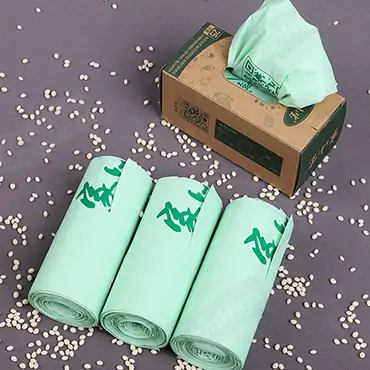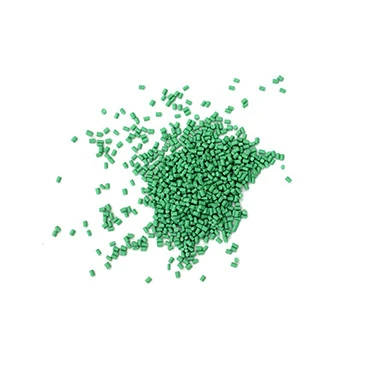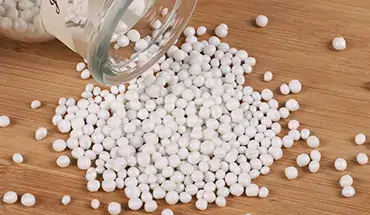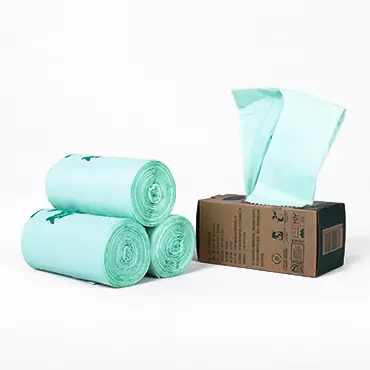Introduction: The Plastic Problem – It’s Overflowing!
Let’s face it, we’ve got a serious plastic problem. Think about it: mountains of plastic waste piling up in landfills, choking our oceans, and basically sticking around for centuries. It’s a mess, right? And traditional trash bags are a huge part of that problem.
Why Traditional Plastic Bags Are a Nightmare?
Those flimsy plastic bags you get at the grocery store (and often use as trash bags)? They’re made from fossil fuels – a non-renewable resource. And once they’re tossed, they don’t just disappear. They can take hundreds, even thousands, of years to decompose, and even then, they often just break down into tiny microplastics that pollute our soil and water. It’s a vicious cycle.
What Exactly are Biodegradable Trash Bags?
Okay, so we know traditional plastic is bad. But what about these “biodegradable” alternatives? Are they the magical solution we’ve been waiting for? Well, it’s a bit more complicated than that.
Biodegradable trash bags are designed to break down much faster than traditional plastic bags. They’re typically made from plant-based materials, like cornstarch or other plant polymers, instead of petroleum. The idea is that microorganisms (bacteria, fungi, etc.) can “eat” these materials, turning them back into natural substances like water, carbon dioxide, and biomass.
Decoding the Jargon: Biodegradable vs. Compostable vs. Degradable
This is where things can get a little confusing. You’ll see these terms thrown around a lot:
- Biodegradable: This means the material can break down naturally, but there’s no specific timeframe or guarantee about how it will break down. It could still take a long time, and it might not break down completely in a landfill.
- Compostable: This is a stricter standard. Compostable materials break down into usable compost (that nutrient-rich stuff gardeners love) within a specific timeframe (usually a few months) under specific conditions (like in a compost pile or industrial composting facility).
- Degradable: This is the vaguest term. It just means the material can break down, but it doesn’t specify how or into what. Some “degradable” plastics just break down into smaller pieces of plastic – not exactly eco-friendly!
Key takeaway: For true environmental benefit, look for “compostable” or “certified biodegradable.”
Common Materials Used in Biodegradable Trash Bags
- Cornstarch: A popular choice, as corn is a renewable resource.
- Potato Starch: Similar to cornstarch, another plant-based option.
- Other Plant-Based Polymers: Scientists are constantly developing new bioplastics from various plant sources.
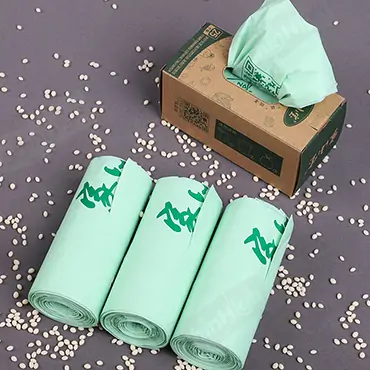
The Good, the Bad, and the Green: Pros of Biodegradable Trash Bags
Let’s start with the good news. Biodegradable trash bags offer some significant advantages:
-
Less Landfill Load, Less Guilt
This is a big one. By using biodegradable trash bags, you’re reducing the amount of plastic that ends up sitting in landfills for centuries. That’s a win for the planet, and it feels pretty good, too!
-
Renewable Resources: Saying Goodbye to Fossil Fuels
Traditional plastic bags are made from petroleum – a non-renewable resource that contributes to climate change. Biodegradable bags, made from plants, are a much more sustainable option.
-
Reducing Microplastic Pollution: A Big Win for Oceans
As traditional plastic breaks down, it creates tiny microplastics that pollute our oceans and harm marine life. Biodegradable trash bags, especially compostable ones, significantly reduce this risk.
-
Boosting Your Brand’s Green Credibility
For businesses, using biodegradable trash bags is a powerful statement. It shows your customers that you care about the environment and are committed to sustainability. This can be a huge boost to your brand image and attract environmentally conscious customers.
The Not-So-Pretty Side: Cons of Biodegradable Trash Bags
Now, let’s be real. Biodegradable trash bags aren’t perfect. There are some downsides to consider:
-
The Price Tag: Are They Really That Much More Expensive?
Yes, biodegradable trash bags typically cost more than traditional plastic bags. The production process is more complex, and the raw materials can be more expensive. However, the price gap is narrowing as technology improves and demand increases. And, you need to consider the long-term environmental cost of cheap plastic – it’s not really “cheap” at all!
-
Strength and Durability: Can They Handle the Heavy Stuff?
This is a valid concern. Early biodegradable bags were often weaker and less durable than traditional plastic. However, technology has come a long way. Many biodegradable trash bags today are surprisingly strong and can handle even heavy, wet waste. It is best to ask your supplier for a test report.
-
The “Right” Conditions: Decomposition Demands
Here’s the catch: biodegradable bags need the right conditions to break down properly. Just tossing them in a landfill might not be enough. They often need specific levels of moisture, oxygen, and microorganisms. Some bags require industrial composting facilities, which aren’t available everywhere.
-
Greenwashing Alert! Not All “Biodegradable” Bags Are Created Equal
Unfortunately, some companies use the term “biodegradable” loosely, even if their bags aren’t truly eco-friendly. This is called “greenwashing.” To avoid being fooled, look for certifications from reputable organizations (more on that later).
Compostable Trash Bags: The Even Greener Alternative?
If you want to take your eco-friendliness to the next level, consider compostable trash bags. These bags go beyond just breaking down; they turn into nutrient-rich compost that can be used to fertilize plants.
Breaking Down the Benefits of Compostable Bags
- Complete Decomposition: Compostable bags break down completely into natural substances, leaving no harmful residues behind.
- Soil Enrichment: The resulting compost improves soil health and fertility.
- Reduced Waste: You can compost food scraps and yard waste along with the bag, further reducing landfill waste.
Home Composting vs. Industrial Composting
Some compostable bags are certified for home composting, meaning you can toss them in your backyard compost bin. Others require industrial composting facilities, which have higher temperatures and more controlled conditions. Check the certification to know which type you have.
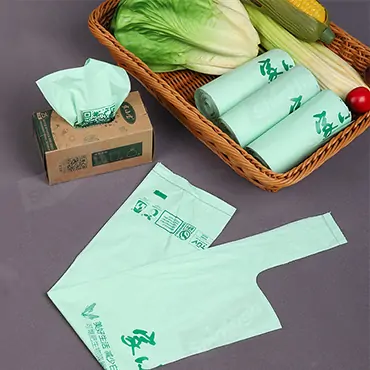
The Market Demand: Are Biodegradable Trash Bags Taking Off?
Absolutely! The demand for biodegradable and compostable trash bags is skyrocketing.
Consumer Awareness and the Green Shift
People are becoming more aware of the plastic pollution crisis and are actively seeking out sustainable alternatives. They’re willing to pay a bit more for products that align with their values.
Government Regulations and Bans on Plastic Bags
Many cities and countries are implementing bans or restrictions on single-use plastic bags. This is driving the demand for biodegradable and compostable alternatives.
Biodegradable Trash Bags for Businesses: A Smart Investment?
For businesses, switching to biodegradable trash bags is more than just a feel-good move; it’s a smart business decision.
Meeting Customer Expectations
Your customers, especially younger generations, expect businesses to be environmentally responsible. Using biodegradable trash bags shows that you’re listening and taking action.
Enhancing Your Brand Image
Sustainability is a powerful marketing tool. It can differentiate your brand, attract new customers, and build loyalty.
Potential Cost Savings in the Long Run
In some areas, using compostable bags can reduce waste disposal costs, especially if you have access to commercial composting programs.
How to Choose the Right Biodegradable Trash Bag (For Distributors & Suppliers)
If you’re a distributor or supplier looking to source biodegradable trash bags, here’s what to look for:
-
Certification is Key
Don’t just take the manufacturer’s word for it. Look for certifications from reputable organizations like:
-
- BPI (Biodegradable Products Institute): A leading certification body in North America.
- TUV Austria: A European certification body with various “OK Compost” certifications (Home, Industrial, etc.).
- Seedling logo: The seedling logo, authorized by European Bioplastics, is a registered trademark owned by European Bioplastics.
- Other Regional Certifications: Depending on your location, there may be other relevant certifications.
These certifications ensure that the bags meet specific standards for biodegradability and compostability.
-
Material Matters: Cornstarch, Plant-Based Polymers, etc.
Understand the different types of materials used and their properties. Some materials may be better suited for certain applications than others.
-
Thickness and Size Options: Matching Needs to Usage
Make sure that the thickness and size of the garbage bag match the actual needs.
-
Sourcing Reputable Manufacturers
Partner with a manufacturer that has a proven track record of producing high-quality, certified biodegradable trash bags. Look for transparency, traceability, and a commitment to sustainability.
Conclusion: The Verdict – Are They Worth It?
So, are biodegradable trash bags worth it? The answer is a resounding yes but with a few caveats. They’re a significant step up from traditional plastic bags, offering numerous environmental benefits. However, it’s crucial to choose certified biodegradable or compostable bags, understand their limitations, and dispose of them properly.
For businesses, especially distributors and suppliers, offering biodegradable trash bags is a smart move that aligns with growing consumer demand and strengthens your brand’s commitment to sustainability. It’s an investment in a greener future, and that’s something we can all feel good about.
Partner with ShinHigh Bio for High-Quality Biodegradable Trash Bags
Ready to make the switch to biodegradable trash bags? ShinHigh Bio is a leading manufacturer of high-quality, certified biodegradable and compostable trash bags. We offer a wide range of sizes and thicknesses to meet your specific needs. Contact us today to learn more about our products and how we can help you build a more sustainable business! We offer:
- Competitive Wholesale Pricing
- Reliable Supply Chain
- Custom Branding Options
- Expert Support and Guidance
Let’s work together to ditch the plastic and embrace a greener future!

